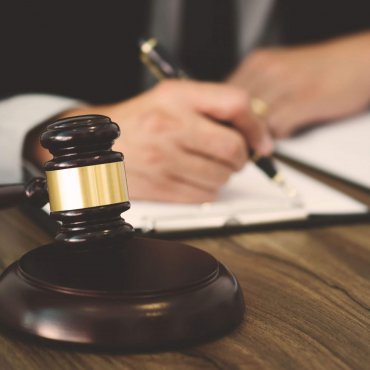Summary
As an expert you should be aiming to produce a report which is free standing – from which the reader can glean the key issues in the case, understand the evidence available and reach a clear understanding of the range of expert opinion, without needing to look at any other document.
What should a good report include?
- A title page – including:
- Numbered pages, short numbered paragraphs and appropriate subheadings.
- Your personal details, name, current post, summary of previous experience, your GMC registration number and whether you hold a current license to practice.
- Statement of the opinion you have been asked to provide and details of your relevant knowledge/experience enabling them to comment on the issues.
- List of documentation considered and relied upon in reaching your opinion on the case.
- Chronology and summary of the relevant evidence:
- Where you have undertaken an examination or performed other investigation(s):
- The opinion
- The concluding paragraph:
The law
You must be honest and trustworthy when giving evidence. Make sure that any evidence you give or documents you write, or sign, are not false or misleading. You should recognise and work within the limits of your competence, and abide by this guidance even when giving evidence in non-medical scenarios.
Two key points:
- You must take reasonable steps to the check the information
- You must not deliberately leave out relevant information.




